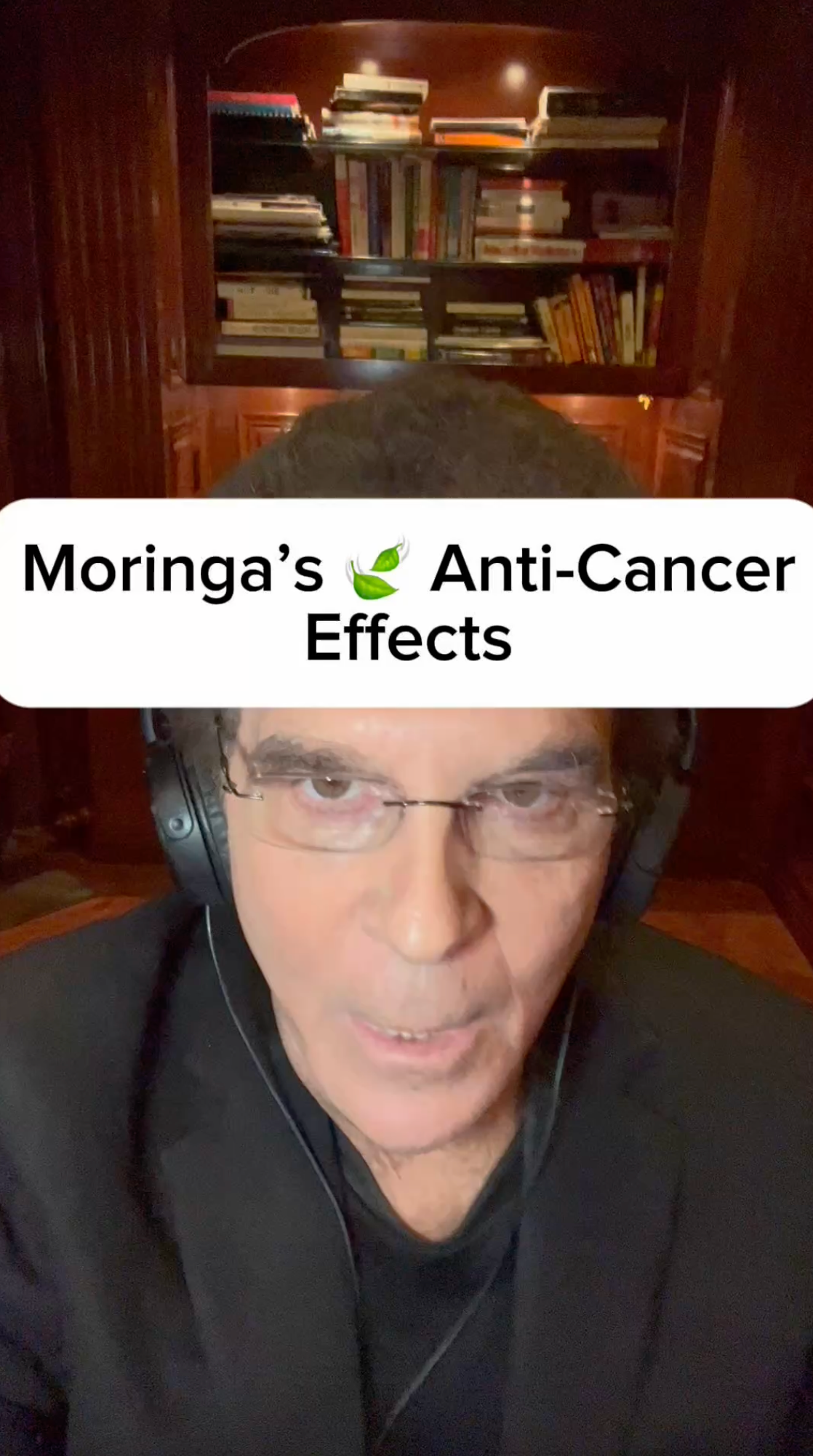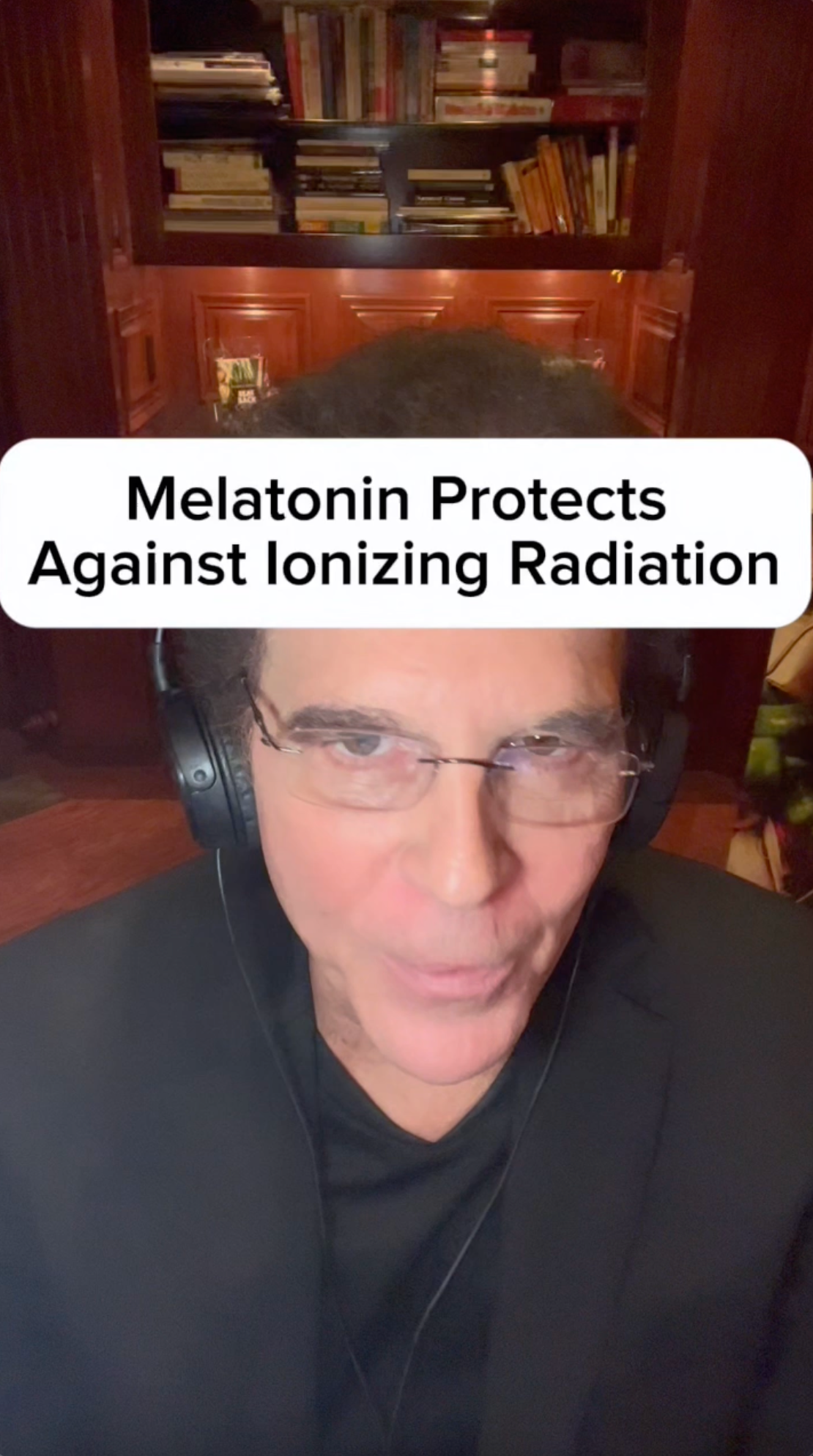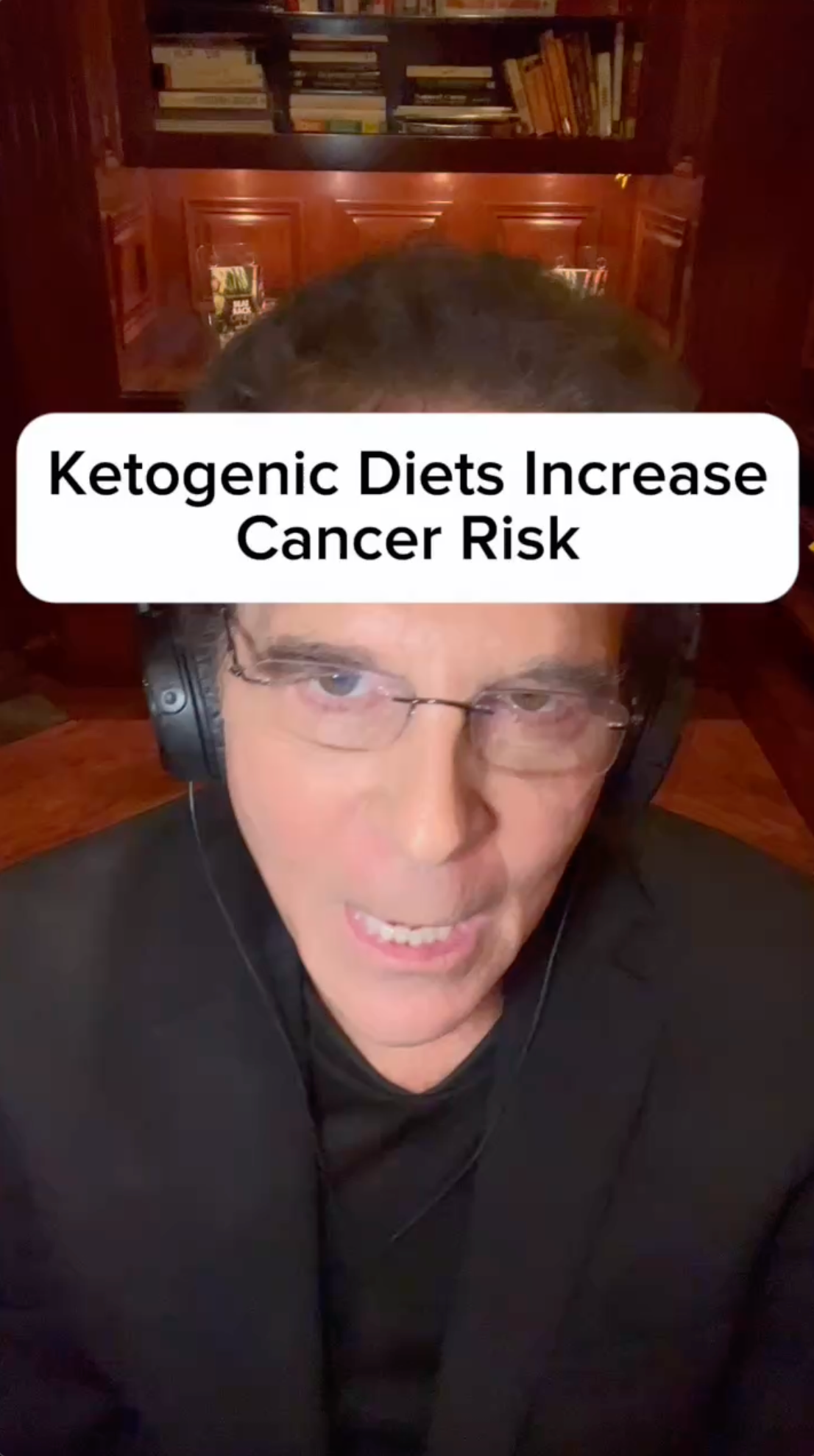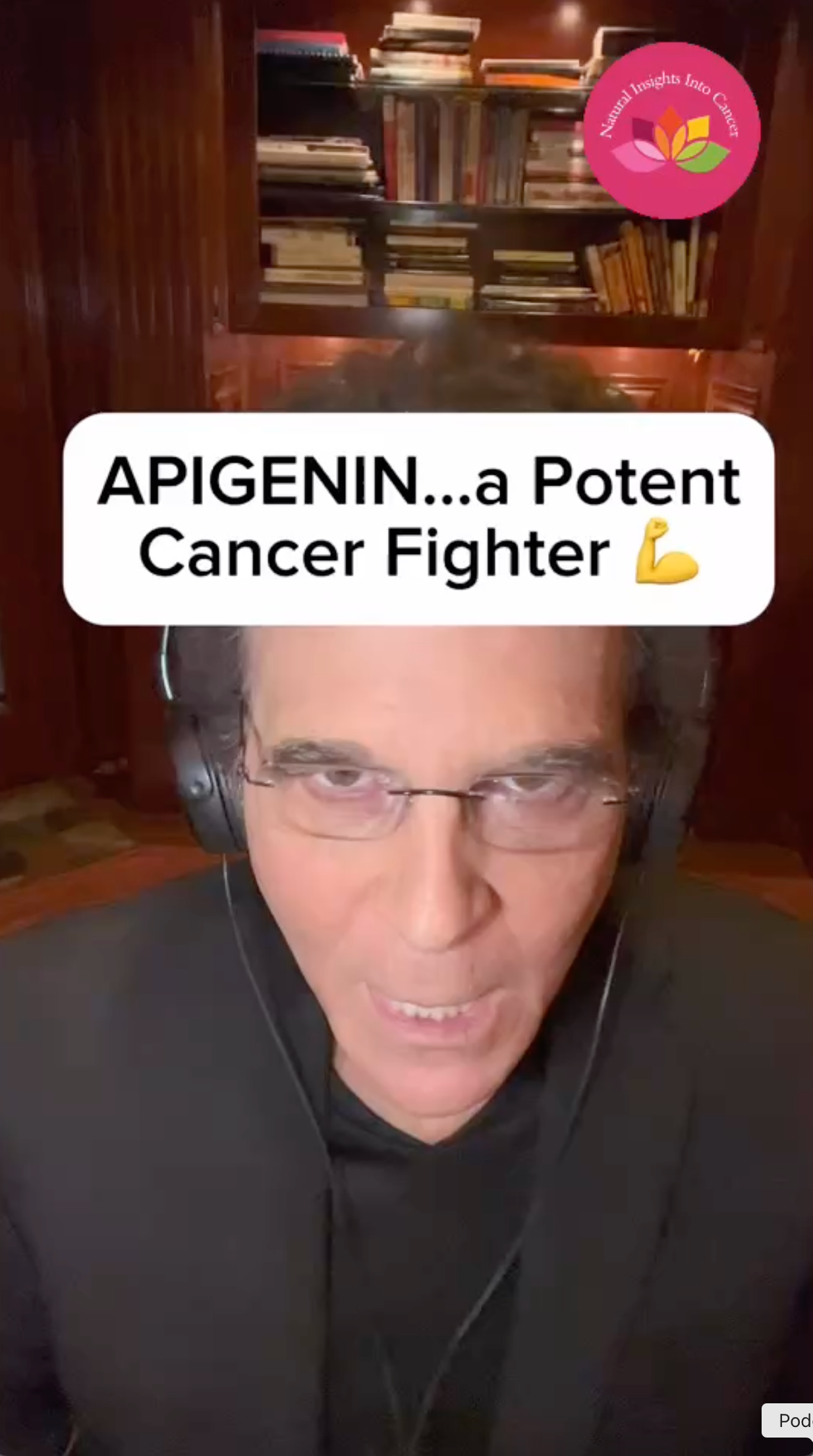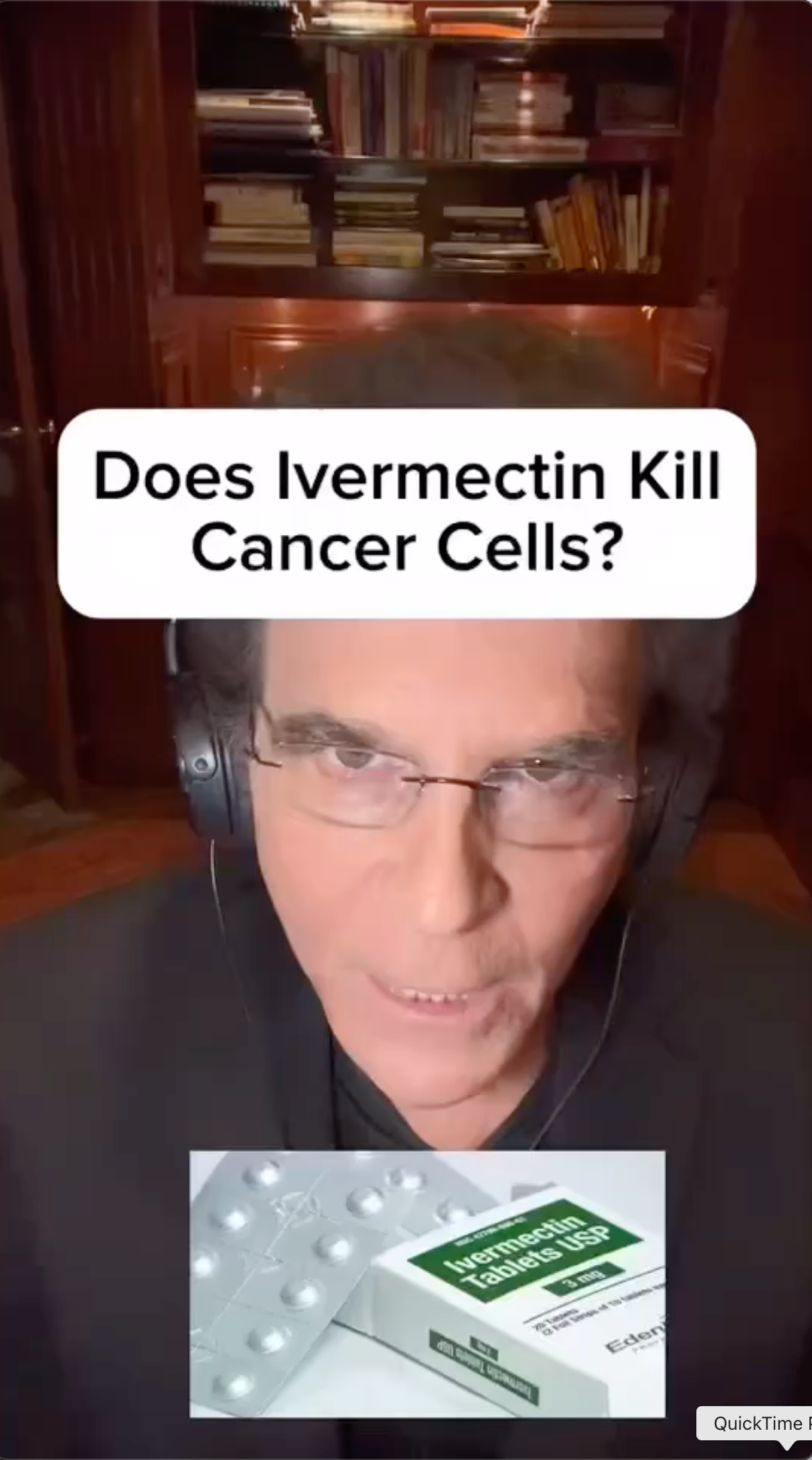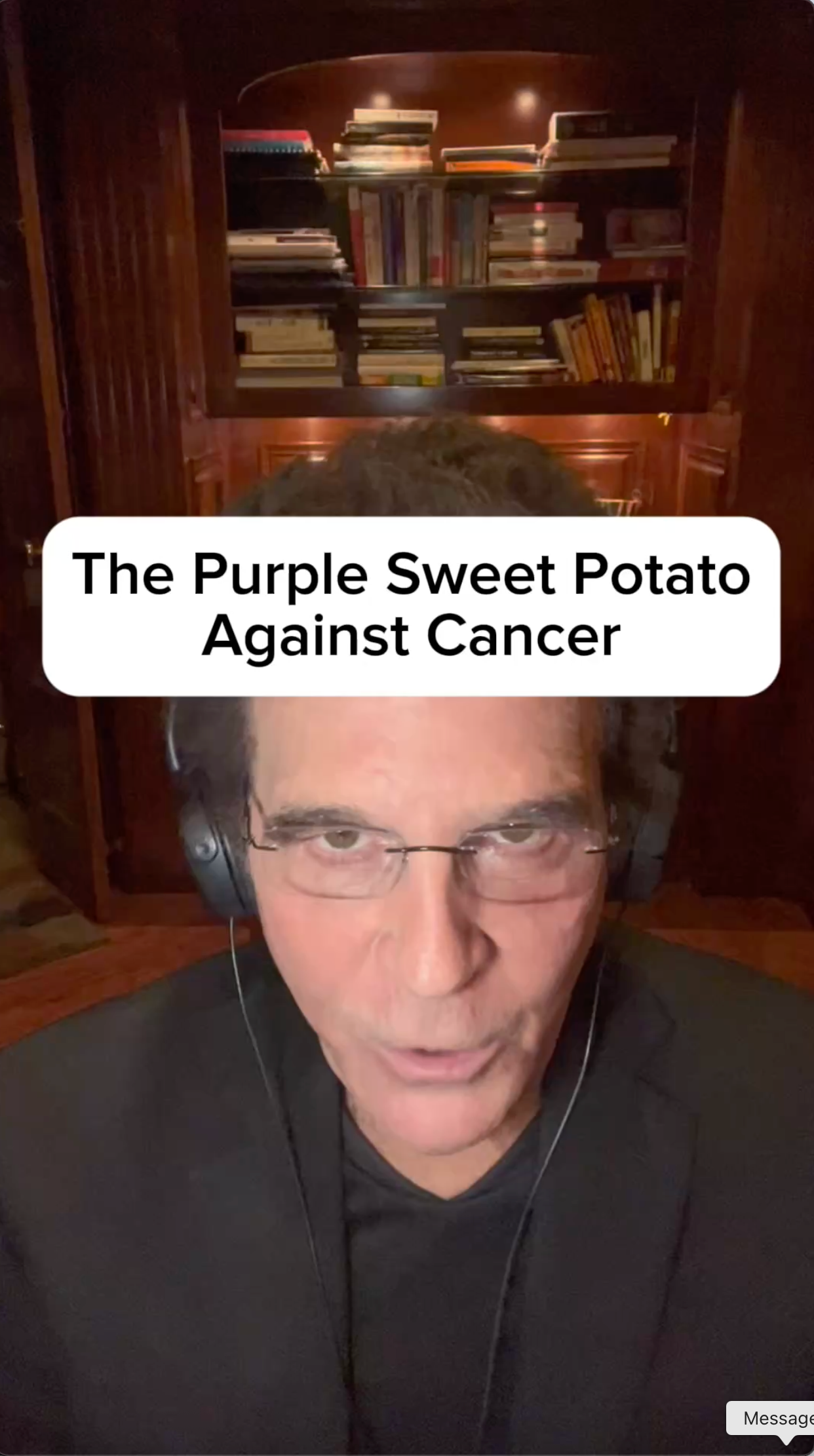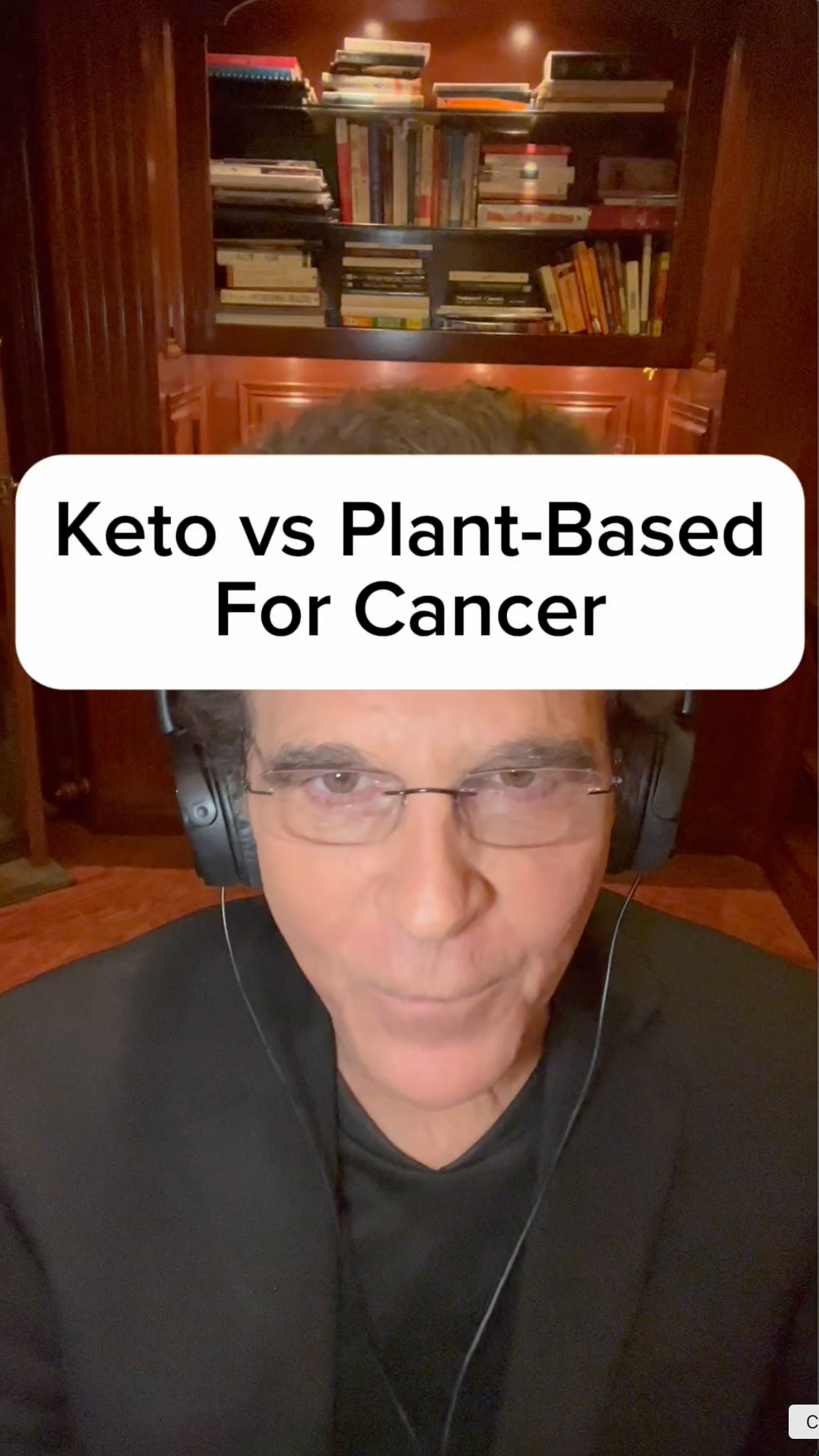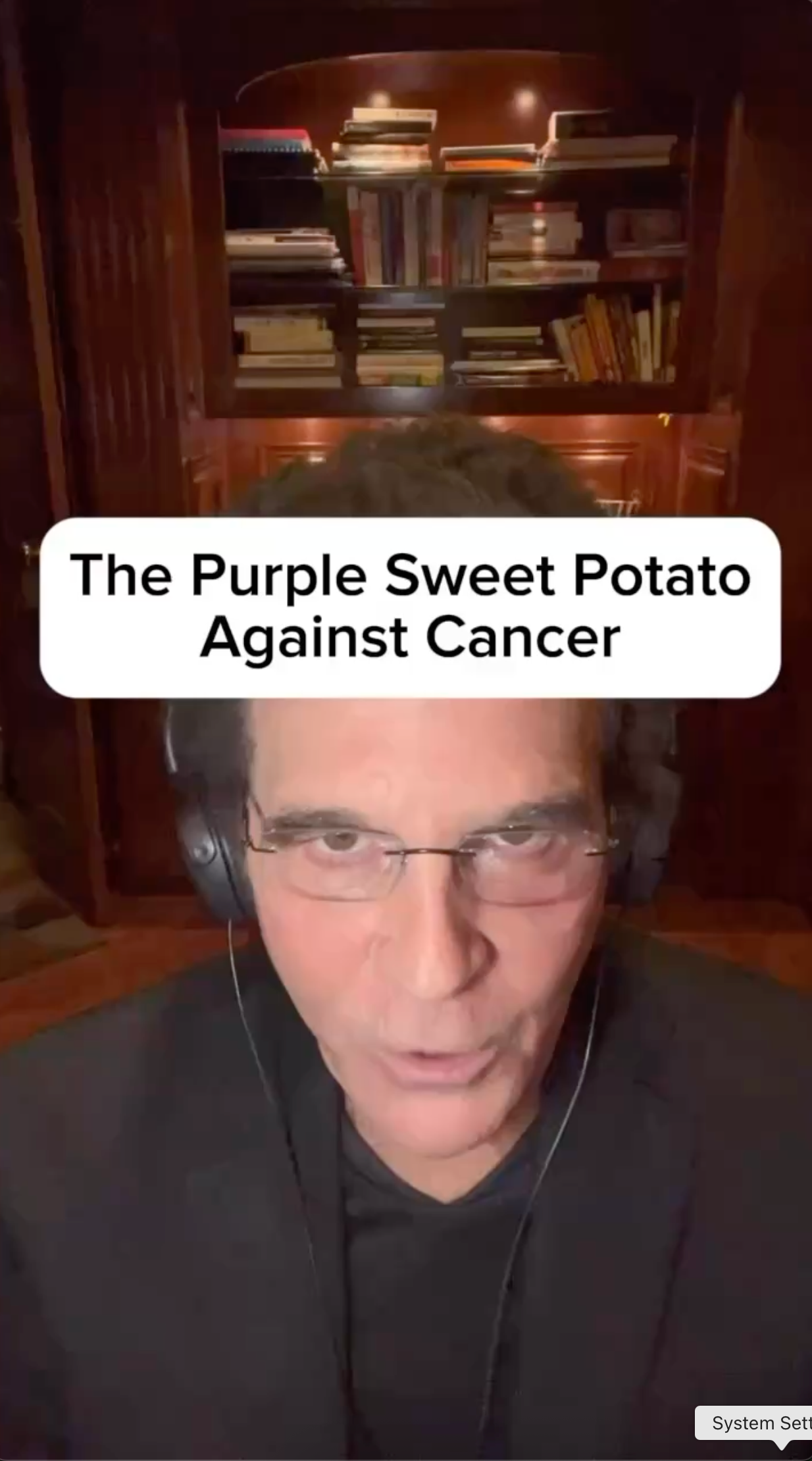The Power of Resveratrol
Dominic A. Brandy, MD • September 17, 2019
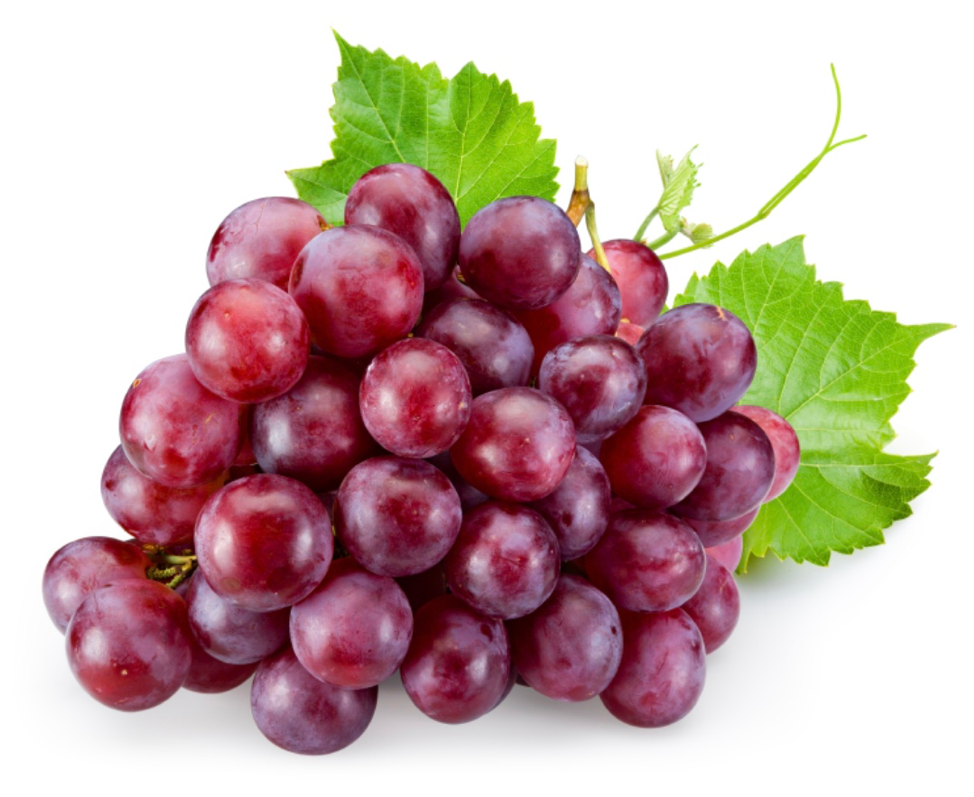
Resveratrol is another phytonutrient that has received lots of attention in the media due to its anti-cancer and anti-atherosclerosis effects. It is found in many plant species such as grapes, raw cacao, pomegranate, peanuts and berries and it is produced by these plants in response to mechanical injury, fungal infection and UV radiation [1].
It belongs to a family of compounds known as polyphenols, which are known to combat damaging free radicals. Research shows that resveratrol has the ability to penetrate deeply into the center of the cell’s nucleus, allowing our DNA to be protected from free radical damage which you know by now, if not protected, leads to cancerous growth. Furthermore, resveratrol has potent anti-inflammatory activity which helps prevent certain enzymes from triggering tumor development.
Besides, helping to prevent cancer, resveratrol can be very helpful to those receiving conventional cancer therapy and acts as a:
*Chemo-sensitizer--a substance that can help you overcome resistance to chemotherapy drugs.
*Radiation-sensitizer—making cancer more susceptible to radiation treatments.
Improved radiation sensitization was established in a study conducted at the University of Missouri, where melanoma cells became more susceptible to radiation when given resveratrol prior to radiation. When treated with resveratrol alone, 44% of the cancer cells underwent cell suicide [2].
Additionally, improved chemotherapy sensitization was nicely demonstrated in an article in the journal “Biomedical Pharmcotherapy [3]. In this study, the oncologists were able to lower the dose of the chemotherapeutic agent, Sorafenib, and achieve the same results when combined with resveratrol. Resveratrol therefore enhanced the effects of the Sorafenib.
In a recent review of the scientific literature, resveratrol was shown to reduce many different human cancers, including breast, cervical, uterine, blood, kidney, liver, eye, bladder, thyroid, esophageal, prostate, brain, lung, skin, gastric, colon, head and neck, bone, ovarian, and cervical [4].
In another influential animal study, resveratrol was validated to have significant anti-mutagenic effects [5]. This is extremely important in the prevention of cancer. It is even more critical in the cancer patient who has achieved remission and wants to stay there. In an interview with esteemed myeloma genomic scientist, Dr. Nikhil Munshi, he revealed that at myeloma diagnosis a cancer cell has around 5,000 genetic mutations and at relapse approximately 12,000. It is therefore critical for all of us to try to minimize the amount of damage to our DNA. It is estimated that we get 19,200+ incidents of DNA damage per day [6]. Thankfully, we have DNA repair enzymes that can mend a lot of this damage. Prevention, however is the best way to deal with DNA damage and this best accomplished through a whole food plant based diet which provides extremely high antioxidant potential (64X the antioxidant power compared to animal products. Resveratrol, by the way, is one of the most powerful antioxidants found in food.
I personally take resveratrol in a vegetarian capsule form twice daily. It is called “Methylated Resveratrol Plus” made by Douglas Labs which can be purchased on Amazon. One capsule contains Vitamin D3 1,000 IU, MERIVA curcumin phytosome 250 mg, resveratrol 100 mg, pterostilbene (methylated resveratrol) 50 mg, proprietary cruciferous 150 mg and a vegetable and fruit blend of Wasabia japonica, broccoli powder, and organic pomegranate powder.
- Langcake P, Pryce RJ. Production of resveratrol by vitis-vinifera and other members of vitaceae as a response to infection or injury. Physiological Plant Pathology. 1976;9:77-86.
- Fang F et al. A potential role for resveratrol as a radiation sensitizer for melanoma treatment. J Surg Res 2013 Aug 183(2):645-53.
- Modal A, Bennett LL. Resveratrol enhances the efficacy of sorafenib mediated apoptosis in human breast cancer MCF7 cells through ROS, cell cycle inhibition, caspase 3 and PARP cleavage. Biomed Pharmacother. 2016 Dec;84:1906-1914.
- Rauf A et al. Crit Rev Food Sci Nutr. 2018 Jun 13;58(9):1428-1447.
- Kim HG et al. Cytotoxic and antimutagenic stilbenes from seeds of Paeonia lactiflora. Arch Pharm Res. 2002 Jun;25(3):293-9.
- Vilenchik MM et al. Inverse radiation dose-rate effects on somatic and germ-line mutations and DNA damage rates. PNAS. May 9, 2000. 97(10):5381-5386.
Natural Insights Into Cancer Blog
If you like our blog, you'll love our book.
BEAT BACK CANCER NATURALLY is based on 5 scientifically proven ways that require you first get educated. You’ll make a plan which is laid out for you in a simple fashion. If you follow my steps you will gain a feeling of empowerment over your cancer and will not only survive but thrive.

